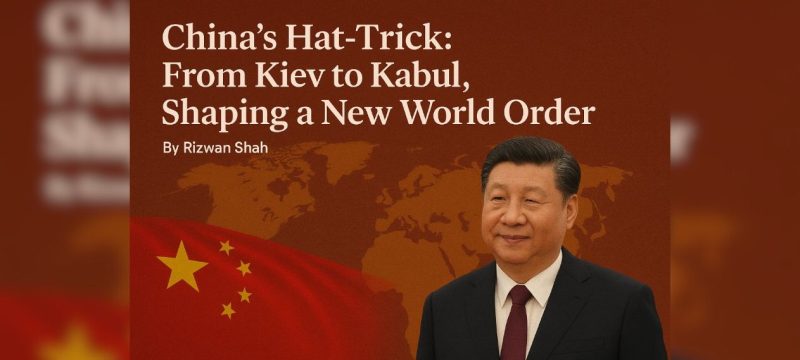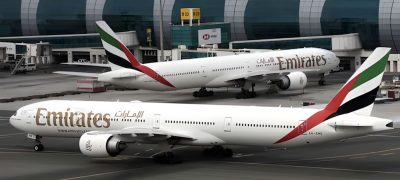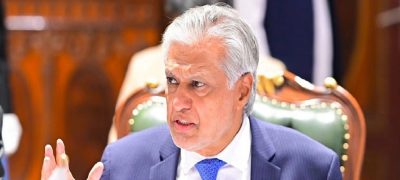In a single week of extraordinary diplomacy, China has positioned itself as a decisive powerbroker, delivering three strategic breakthroughs that underscore its growing stature on the global stage.
The developments, spanning Europe to South Asia, reveal Beijing’s calculated yet confident emergence as a central player in the evolving world order.
A Trusted Guarantor in the Ukraine Crisis
The first move came when Russian President Vladimir Putin formally proposed China as a potential security guarantor in the Ukraine conflict.
This remarkable gesture not only highlights Moscow’s deepening reliance on Beijing but also signals the recognition of China as one of the world’s top three powers capable of mediating in Europe’s deadliest confrontation since World War II. For many observers, the proposition represents a watershed moment—China stepping into a domain historically dominated by Western powers.
India’s Policy Shift: From Confrontation to Normalization
The second breakthrough unfolded in New Delhi, where Chinese Foreign Minister Wang Yi’s visit set the stage for India’s most significant foreign policy adjustment since 2014.
Reports suggest that India has tacitly accepted the current border status quo, a move that could pave the way for normalization of ties with Beijing after years of border clashes and simmering hostility. If sustained, this rapprochement could reset the trajectory of Sino-Indian relations and inject new dynamics into South Asia’s balance of power.
Kabul’s New Triangular Equation
The third milestone was achieved in Kabul, where China successfully brokered a trilateral dialogue involving Afghanistan and Pakistan. This initiative not only cements Beijing’s strategic foothold in the heart of South Asia but also demonstrates its ability to bridge divides in one of the world’s most volatile regions.
For Pakistan, the dialogue offers the dual promise of stability on its western frontier and a potential thaw on its eastern border with India—a diplomatic dividend of China’s expanding influence.
From Kiev to Kabul: The Emerging Order
Taken together, these moves symbolize more than isolated achievements; they represent the contours of a shifting global order in which China is no longer a passive observer but an active architect of peace and stability.
Analysts describe Beijing’s reach as stretching “from Kiev to Kabul,” weaving together disparate theaters of conflict into a broader tapestry of influence.
As the world recalibrates in response to these tectonic shifts, one reality becomes clear: China’s hat-trick of diplomacy has set the tone for an emerging order where Beijing’s voice carries unprecedented weight, reshaping both regional alignments and global calculations.







